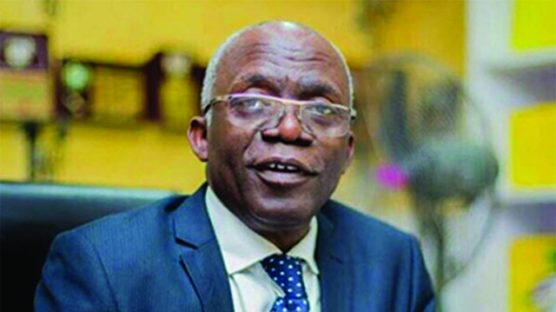
Femi Falana
Kano: Falana condemns tribunal’s judgement, insists voters punished for INEC’s sins
A human rights lawyer and Senior Advocate of Nigeria (SAN), Mr Femi Falana, has picked holes in the judgement of the Kano State governorship election petitions tribunal which gave victory to the All Progressives Congress in the state.
The tribunal removed Abba Yusuf, candidate of the New Nigeria Peoples Party (NNPP), as governor of the state, and ordered the Independent National Electoral Commission (INEC) to give certificate of return to Yusuf Gawuna of the All Progressives Congress (APC) as the duly elected governor of Kano.
Yusuf polled 1,019,602 votes to defeat his close rival, Gawuna, who got 890,705 votes in the March 11 governorship election.
Indeed, Gawuna and his party had filed a petition challenging Yusuf’s victory.
And while delivering judgement, the tribunal deducted 165,663 from the votes recorded for the NNPP candidate on the grounds that the ballot papers were not signed, stamped and dated by INEC as required by the law.
However, in an interview on Friday on Channels Television, Falana said judges cannot punish voters because of errors committed by INEC officials.
According to Falana, “We are asking our judges to embrace justice, substantial justice, in a way that you cannot punish voters for the errors of INEC.
“And I think that was what recently happened in Kano where 165,000 votes were said to have been annulled because they were not marked by INEC officials.
“What is my business as a voter is to go to the polling unit, collect the ballot paper, vote and throw it into the ballot box. How will I know it is marked by INEC or not.
“The courts are not empowered to punish voters because of the negligence of INEC officials.
“And it is so stated in the law that once the results have been counted, once the results have been declared, you cannot annul, you cannot challenge the validity of the ballot papers.
“I think these are the areas that our judges will have to go back to the drawing table and ensure that substantial justice is given to petitioners and respondents.
“But what is important is let us conduct good elections.”
